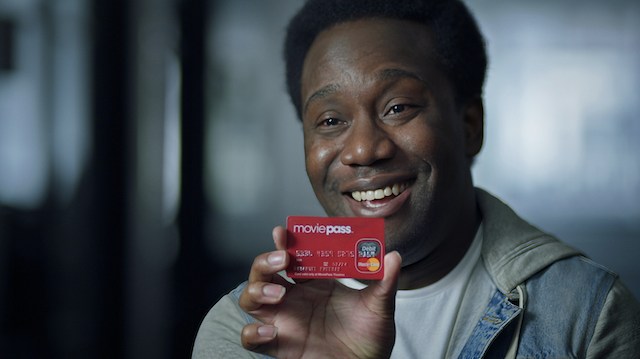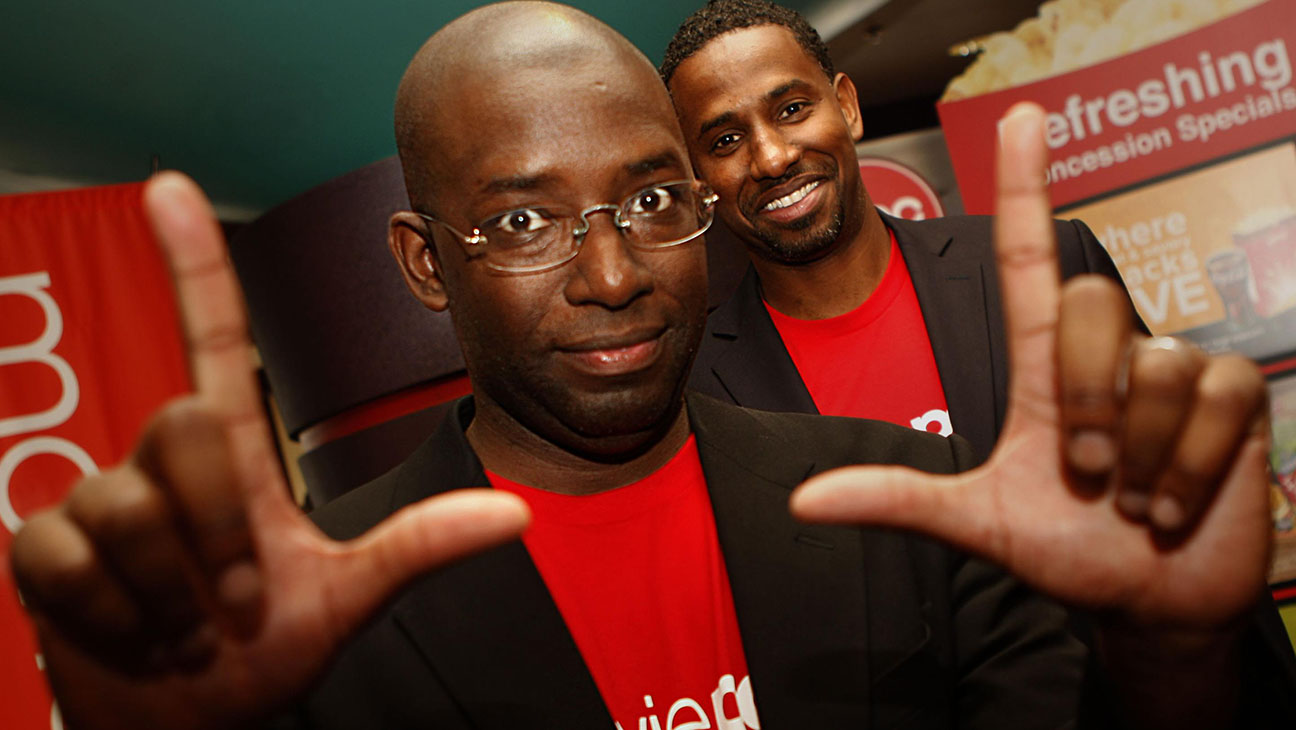
The HBO Original documentary MoviePass, MovieCrash — directed by award-winning filmmaker Muta’Ali — reveals how the prodigious subscription service for cinemagoers soared and suddenly faced bankruptcy.
But the film brings to light way more than a failing business, it exposes how xenophobia is still engrained in the social fabric of the multicultural United States. How does it do that? By showing how two African-American entrepreneurs — Stacy Spikes and Hamet Watt — founded the successful service over the course of a decade, and were then dismissed by a couple of WASPs — Mitch Lowe and Ted Farnsworth — who made it collapse in less than a year.
For those who don’t live in the star-striped country or are too young to have experienced MoviePass, let’s make a recap: this App was a movie lover’s dream, offering access to film tickets at a discounted monthly rate. Subscribers, by paying $9.95 a month, were able to see as many films as they wanted. This was a revolution because it brought back people to cinemas, by making the fruition of culture economically sustainable.
While Spikes and Watt had foreseen the potential of changing how consumers paid for their movies, they still did not have the capital to keep MoviePass financially afloat. For this reason, Chris Kelly, a white investor and later a board member of MoviePass, decided that the only way to save MoviePass was to bring in another investor and have that person become the new CEO: Mitch Lowe. Stacy Spikes was pushed to the role of COO, and Hamet Watt became a simple board member. Mitch Lowe transformed the entire trajectory of the company, ultimately leading it to its demise when he hired Ted Farnsworth — who ran a data analytics company called Helios and Matheson Analytics Inc., under the stock symbol HMNY.

©Photos Courtesy of HBO
Stacy Spikes and Hamet Watt were set aside because they were losing $200,000 per month. But when Mitch Lowe and Ted Farnsworth took over the business — with their expensive spending that went into private jets, influencers hired to promote the brand, and other flashy initiatives — raised that loss to $30 million dollars per month. Another player in the story was instrumental to the comedown: Khalid Itum. He was the one who handled the company when Lowe was going through a divorce and took a break from running MoviePass. More carefree choices were made under his leadership, which led to the company going into further debt. The mismanagement and shady dealings caused MoviePass to be put under the scrutiny of the FBI and FTC.
The film ends before the investigation is brought to completion and just recently the news came out that Khalid Itum, was found guilty on Feburary 1st 2024, of two counts of wire fraud and a sentencing hearing is scheduled for April 29th, with a potential maximum sentence of 20 years in federal prison for each wire fraud count. The jury did, however, acquit Itum of two counts of money laundering.
MoviePass, MovieCrash made its premiere at the 2024 SXSW Film & TV Festival, and after airing on HBO will be available to stream on Max. The film’s investigative approach is remarkable as it gathers the testimonies of all sides, through interviews with former employees, investors, subscribers, industry analysts. We also witness the accounts of MoviePass board member Chris Kelly, the journalists at Business Insider (who originally reported on the rise and fall of the company), Nathan McAlone and Jason Guerrasio, and former director at the Federal Trade Commission Daniel Kaufman. It’s fascinating to juxtapose the interviews of Stacy Spikes and Hamet Watt, with the ones of Mitch Lowe and Ted Farnsworth. The former express their idealistic vision, whilst the latter convey their wannabe flair that sabotaged MoviePass bringing it to a loss of over $150 million in 2017 alone. Lowe’s and Farnsworth’s display of smokes and mirrors revolved around expensive, lavish parties at the Sundance Film Festival, Coachella, and the Cannes Film Festival, that did not correspond to an efficient business model, causing the company to shutter abruptly in 2019.
One one end, Stacy Spikes designed MoviePass to create an inclusive hub for cinephiles, after being inspired by the Urbanworld Film Festival. On the other side, those who stepped in his place killed (figuratively) this project, driven by grandiose delusions. In hindsight it’s ironically disquieting to see how Spikes cites Blade Runner as the movie that changed his life in terms of aspiring to the futuristic, as opposed to Mitch Lowe who says that his passion for film began when he first saw Psycho.
The documentary presents one of many stories in which entrepreneurs of colour have historically faced disparities. The data on the matter is unsettling. For example, as of July 2021, Black female startup founders had only received 0.34% of the total venture capital spent in the U.S., and generally speaking Black entrepreneurs typically receive less than 2% of all Venture Capital dollars each year.

©Photos Courtesy of HBO
MoviePass, MovieCrash is very ingenious in its storytelling, as it inserts some old footage that becomes a visual allusion to the theme of oppression. For a few seconds we see Betty Hutton in the 1947 feature film The Perils of Pauline, who is tied to the rails as a train is approaching. This instant conveys how there seems to be no way out for the App’s downfall.
Muta’Ali — besides providing very factual insight — depicts a modern fairytale, because at the end of the day justice is done for the ousted hero (Stacy Spikes), who is given the opportunity to reshape MoviePass as it was originally conceived. The service that began as a pop culture phenomenon and was swallowed by corporate greed, gets a second chance. MoviePass, MovieCrash attests how the power of resilience gets rewarded, when there is conscientious entrepreneurship to back it up.
Final Grade: B+

